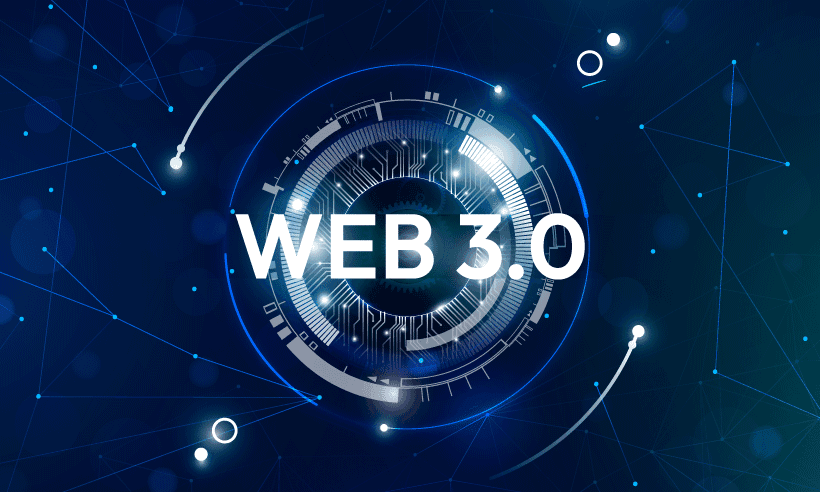Mar 27, 2022
by Aushini Das
How Blockchain is the Building Block of Web3.0?
.
Disclaimer: The views and opinions expressed in this article are for informational purposes only and do not constitute financial, investment, or other advice. Investing in or trading crypto assets comes with a risk of financial loss.
Aushini is a technical writer with over 5 years of experience in the content industry. Her current focus is on blockchain technology and cryptocurrency. With her excellent writing skills, she makes the world of blockchain reachable to everyone. In addition to content writing, she is an aspiring Data Scientist from IIT Madras.
